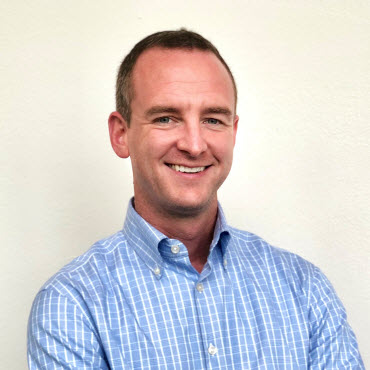
You’ll be studying the impacts of the COVID-19 pandemic for years to come. Do you want to look back at what you should have seen happening, or do you want to get ahead of the curve?
Research is typically backward-looking, examining the remnants of key moments that drive attitudes and behaviors. This is a perfectly sound way to approach research when moments are difficult to predict. But some moments can be predicted or identified as they’re happening.
Imagine I told you that a major, world-changing event would take place tomorrow—one that would have years-long impact on your business and the way people think and behave. What would you do? You’d document the event, watch it happen and study it as it occurs. You’d do these things to prepare for an immediate, measured response. You wouldn’t wait to read about it in the news later.
Don’t be left behind
The world’s top brands will be diving in with initiatives to observe and understand what their customers are experiencing during the pandemic.
These brands understand that the impact of COVID-19 will not be short-lived. It’s not as much prescience as it is common sense. We at Escalent know that current events are reshaping customer mindsets, and it’s prudent to study and observe those effects right now as they occur. In the moment as it’s happening. Put yourself as close to the source to gain the most insight and better position your brand to meet the new needs of tomorrow.
If I managed an auto brand, I would consider if vehicle owners look at their vehicle differently when it’s no longer being used daily during lockdown in our homes. Do vehicle owners view such a large investment as less necessary, or perhaps more? I would want to know the impact of restricted travel and social distancing on transportation, how behaviors are changing, and if my brand would be considered as a credible option for the new ways of mobility and transportation. Did my brand take the correct actions relative to my peers to give customers a sense of partnership, or did they feel abandoned?
The way people think about health and wellness is no doubt in flux. What will be the new threshold for visiting a doctor’s office or hospital amid increased fear of infections? Should we expect a steep increase toward telehealth solutions? And will the American public become more scrupulous about where certain pharmaceuticals or medical test kits are manufactured?
Financial attitudes and behaviors are catalyzing before our eyes as so many are being impacted. Do lenders risk lasting damage to brand reputations over deferred interest payments their customers don’t fully understand? Looking at younger generations, what attitudes might they form as they come of age in an era of near-negative interest rates—and could those mindsets ever change as rates inevitably climb?
If I were managing a national restaurant brand, I would take note of the increase in public sentiment to support local retail businesses being somewhat in opposition to increased cooking at home. Will people tire of at-home dining once the pandemic ends, or will new habits be fully formed and stick around?
If I managed a tech or telecom brand, I would think about the increased reliance upon connectivity services and the elevated pain felt when failures and outages occur. Tech is wonderful when it works, but what is the long-term cost to a brand that falters in delivering on expectations, and what can be done to adapt if there are execution complications? And what’s going to happen with all the new tech-enabled things people are doing? The pandemic is rapidly dropping barriers to tech, but will your mother continue using Zoom meetings a year from now?
Utility providers will want to consider their rate programs and how they impact customer bills. How will enrollees be thinking about the added cost of a solar initiative, a new time-of-use structure, or any number of programs being offered today? In the era of working from home and upended schedules, what is happening to customers’ willingness to consider these commitments to their utility provider?
The answer to all of these questions vary, but the implications remain constant across the field.
If you don’t ask, you won’t know.
If you don’t know, you can’t act.
If you don’t act, you’ll be behind tomorrow.
Consider where you want to be in a post-COVID-19 world
If you’re behind tomorrow, you’ll be scrambling to understand what happened yesterday and how to properly address it. Reacting is necessary in many cases, but we are living in a time when we know something big is happening right this instant.
The strongest move is to listen and observe in the moment to stay in lockstep with your customers and their evolving needs.
Their views of the world are being shaped by the events of today. If you wait until it’s yesterday’s news, you will lose a chance to be there for your customers at the right time with exactly the right solution.
If you want to stay ahead of your customers’ needs, we are here for you. It’s what we do at Escalent, and we’re focused on seeing our clients through to a brighter, more informed tomorrow. Send us a note.









